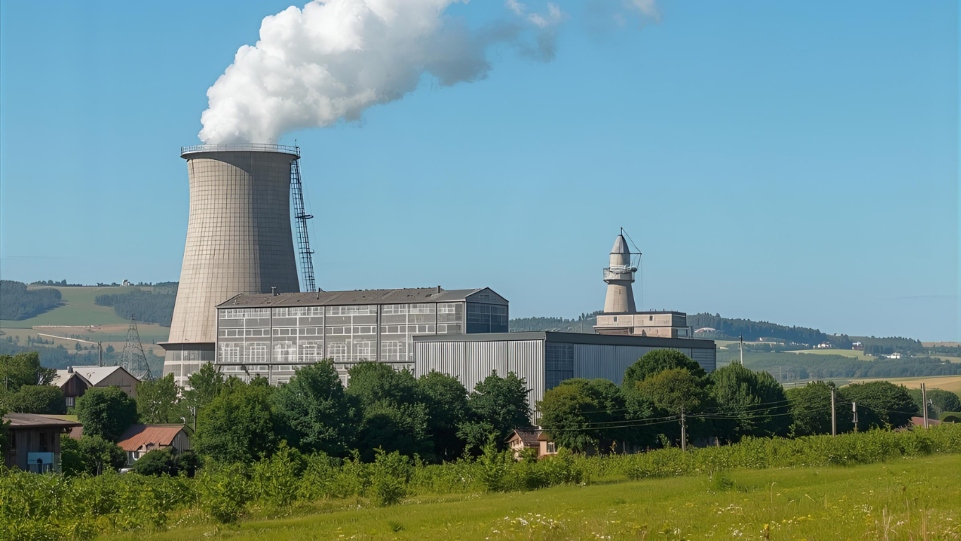People Are Caring About the Planet More: How Sustainability Is Shaping the Spirits Industry
In today’s market, one thing is clear: people are caring about the planet more. Sustainability isn’t just a trend—it’s a key factor influencing purchasing decisions, and the spirits industry is evolving to meet this demand. From eco-friendly packaging to renewable energy-powered distilleries, the shift toward greener practices is redefining how spirits are made, marketed, and consumed.
Why Sustainability Matters to Spirits Consumers
Modern spirits consumers—especially Millennials and Gen Z—want more than just a quality drink. They’re looking for brands that demonstrate environmental responsibility throughout their production process. Key factors driving these decisions include:
Eco-Friendly Packaging: Consumers favor bottles and cans that are recyclable, reusable, or made from sustainable materials.
Carbon Footprint Reduction: From sourcing ingredients to transportation, brands reducing emissions gain a competitive edge.
Responsible Sourcing: Organic grains, fair trade botanicals, and local ingredients show commitment to the planet.
Transparency: Open communication about sustainability initiatives builds trust and brand loyalty.
For many drinkers, the story behind the bottle is as important as the taste inside it.
How Spirits Brands Are Adapting to Environmental Concerns
Forward-thinking distilleries are embracing sustainability in multiple ways:
Green Distilleries: Solar panels, wind energy, and energy-efficient equipment reduce environmental impact.
Circular Packaging: Innovations like aluminum cans, lightweight glass, and compostable labels help minimize waste.
Water Conservation: Efficient water systems in both agriculture and production protect this vital resource.
Local Sourcing: Using locally grown grains and botanicals reduces transport emissions and supports regional economies.
These initiatives not only appeal to eco-conscious consumers but also differentiate brands in a competitive market.
Sustainability isn’t just good for the environment—it’s smart business. Studies show that eco-conscious spirits often enjoy higher customer loyalty, stronger brand reputation, and the ability to command premium pricing. Brands that prioritize sustainability are positioning themselves for long-term growth while contributing positively to the planet.
As environmental awareness continues to rise, the spirits industry must innovate or risk falling behind. Consumers increasingly demand transparency, ethical sourcing, and eco-friendly practices. Distilleries that embrace sustainability now will likely lead the industry in the years to come.
